Students at a Christian school in East Jerusalem danced with an Israeli flag at a graduation ceremony and their parents were outraged. May 25, 2023 (documentation on social networks under section 27A of the Copyright Law)
For the first time in Jerusalem's history, an Arab candidate will announce a run for mayor and present an independent list. After the last municipal elections, voter turnout in the Arab public in East Jerusalem dropped to 1% of the 350,000 Arab residents living there, this time there are those who intend to go all the way. We caught up with him for a first interview about the goals, the threats, the flag parade (and pride) and also - who wouldn't agree to sit with, not even "for peace"?
I catch lawyer Walid Abu Tayeh, 62, from Beit Safafa in the south of the city, and the first Arab candidate for mayor, in the middle of a round to mobilize support "from outside" in the United States. "I've been thinking about this since April last year," said Abu Tayeh, a former finance ministry official and lawyer. "In recent years I have represented many clients from East Jerusalem in planning and building matters, I have seen how abject the injustice of the residents is. People pay very high taxes and don't get what they deserve."
"I thought about it, how people have lived here for 50 years and no one sees them. Even when there is damage, no one stands by them." Walid defined the population of East Jerusalem as "people without a mother and without a father." In retrospect, that's one of the reasons he says he decided to tackle his own list.
"How people have lived here for 50 years and no one sees them," Abu Tayeh (Photo: courtesy of those photographed)
In contrast to the political aspirations of the Arab parties in the national elections, Abu Tayyeh presents a different version of concern for the public in East Jerusalem: "They just want to live, but the suffering is terrible. You don't have to be a nationalist to say that East Jerusalem also needs education, good education, employment, decent housing. But whoever doesn't sit around the table and demand doesn't get."
For years, there were various attempts by Arab representatives to enter the city council, but they got "cold feet" as the race progressed, due to pressure and threats from nationalist elements opposed to Israeli rule over East Jerusalem, as well as from elements in the West Bank who launched campaigns calling for abstention from voting, claiming it was "agreement despite the Zionist occupier."
As mentioned, in past years the pressure worked. In the last two elections, voting data in the Arab public scratched the only one percent of the population from below. This does not deter the first Arab candidate for mayor: "I am loyal to my principles and values. The residents of Jerusalem deserve representatives in the municipality, and no pressure will overwhelm me." In addition, in his address to the residents, he explains: "Participation is not a matter of recognition. 50% of the residents do not recognize the occupation. There is an international treaty to which Israel is a signatory, according to which voting in elections does not contravene the right to self-determination. Sadat also said: 'I am breaking the Arab consensus – I want my interest.'"
More in Walla!
40% of residents - 1% of voters: Jerusalem's disappearing voices
See full article >
"The residents of Jerusalem deserve representatives in the municipality and no pressure will overwhelm me" (Photo: Roni Knafo)
His goals range from cohabitation to affirmative action, correcting a longstanding injustice of East Jerusalem's residents, and equal opportunity. When asked about "living together" in mixed neighborhoods, he presents exactly the dissonance: "First of all, let us know how to live together. There is no need to erect walls between Jewish and Arab neighborhoods, and in general it is time to knock down some. However, for 50 years they did not care for the Arabs here in the city, and if they built, then more for the Arabs. I would prefer Atarot to be built for the Arab population in order to do affirmative action. In any case, the state builds only for Jews."
When I ask him to speculate on who will come to vote, he is of course referring to the Arab majority, but also thinks that he will succeed in getting a mandate or two from the Jewish public. As for the Arabs? The finger is pointed specifically at the younger population: "In the past year I sat with many young people and received a lot of sympathy and support. Who objects? The older people are over 50 years old. They are not willing to think outside the box. They were taught that we don't recognize the occupation and it's hard to change their minds, it's a matter of education and culture. But young people want to live and build a culture. They want to learn and integrate. True, there is occupation and walls, but the world today is open."
The mayor of Israel's capital often faces national issues of the highest order, with local and national issues coming together. An important example is the flag parade on Jerusalem Day, which passes through the alleys at Damascus Gate and ends with a flag dance at the Western Wall: "The flag parade is a provocation, during Ramadan we have to go to Al-Aqsa - but to make a provocation is unnecessary."
From an article in the Al-Quds newspaper written by lawyer Abu Tayeh (Screenshot, Al-Quds newspaper)
He applies similar ideological conditions to the education system in East Jerusalem, which is divided into Israeli and Palestinian curriculums, declaring that he is in favor of advanced programs and core curriculum, but is not willing to abandon the national identity held by some of the city's residents: "Let the Israelis sit with the Israeli narrative. I'm in favor of something progressive, but also preserving the Palestinian narrative."
He is willing to hear about possible connections within the city council, which is considered particularly diverse. He also talks about preliminary contacts with the Meretz party: "I am running for mayor on an independent list. If someone wants to connect with Ahlan and Sahlen, there are probes and requests even from Meretz. There is also no problem with Laura Wharton (a member of the city council for Meretz-Yishai). We will think together."
"East Jerusalem also needs education, good education, employment, proper housing." Silwan, East Jerusalem (Photo: Reuven Castro)
More in Walla!
- Netanyahu against the protesters: "vile people, they looted the monument in memory of my father"
- Senior IDF official on the huge theft from Tze'elim: "This incident is a failure, will be dealt with accordingly"
- After the attack in Hermesh, settlements demand permanent staffing of checkpoints: "We will not be ducks at the shooting range"
- Special deals at a special price for the Greek island that Israelis have not yet discovered
On the other hand, Abu Tayyeh declares that he will not sit with certain representatives of the religious Zionist faction in the city, especially a prominent representative in the city council: "I am not sitting with Aryeh King. We have no choice but to live together - but there are extremists, and he is an extremist. I want to be moderate among moderate people. I'm willing to sit down with him if he corrects his positions." Last month, the latter made headlines for saying harsh words against the LGBT community in Jerusalem and their support.
Although, according to the candidate's answer, they are not very far away: "I am a religious Muslim and this is not acceptable according to Islam and also according to Judaism it is not acceptable. The parade itself is a provocation - no need to throw oil into the fire. But every person has the right to live as he wants. What? Are we missing conflicts?"
When Walid Abu Tayyeh returns from his draft tour in the United States, he will finish compiling the final list to which he does not deny entry to Jews, on condition that they take care of the rights of the population in East Jerusalem. The name is also not yet closed, but there is already a teaser: "The list will be called 'City of All Its Inhabitants,' anyone who wants to participate Ahlen and Sahlen."
- news
- Political-Political
Tags
- Jerusalem
- East Jerusalem
- Local elections
- Arab society

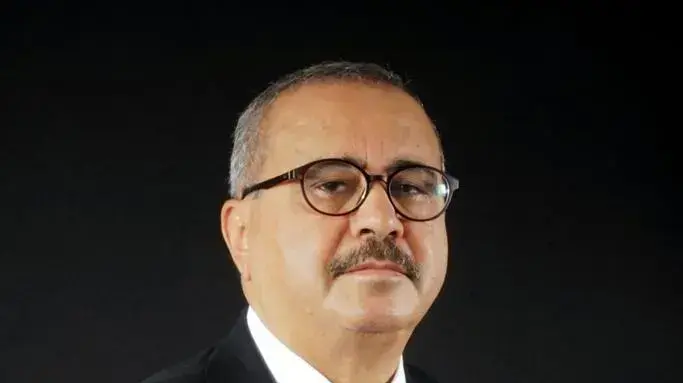
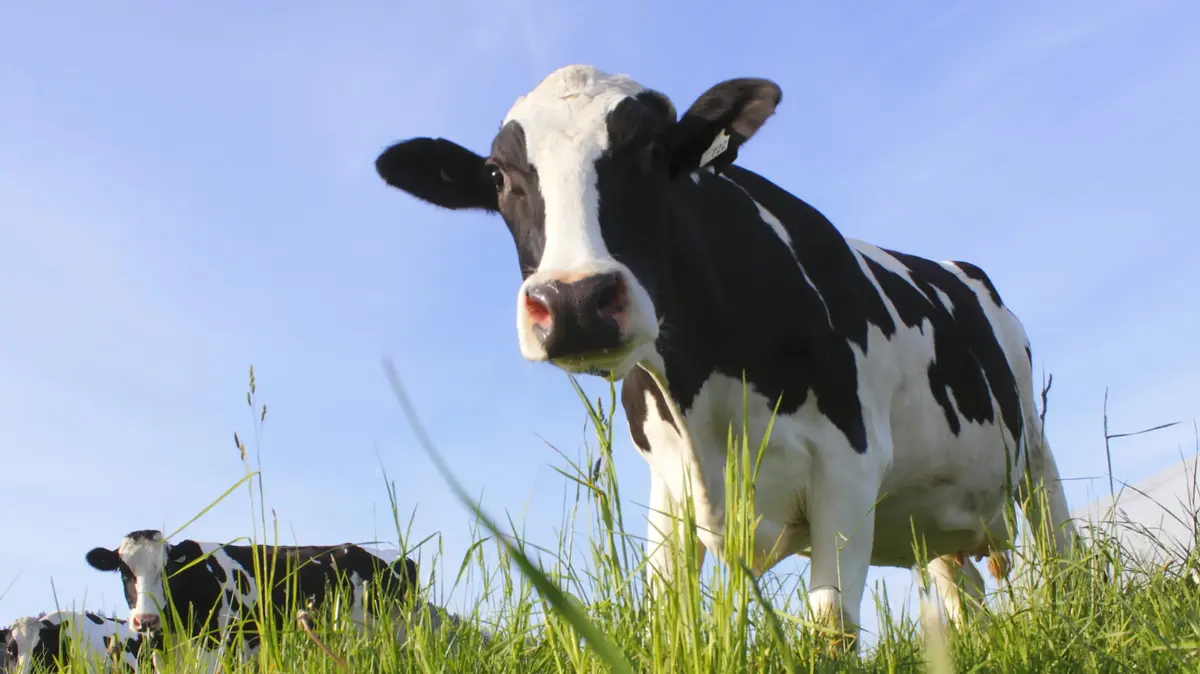


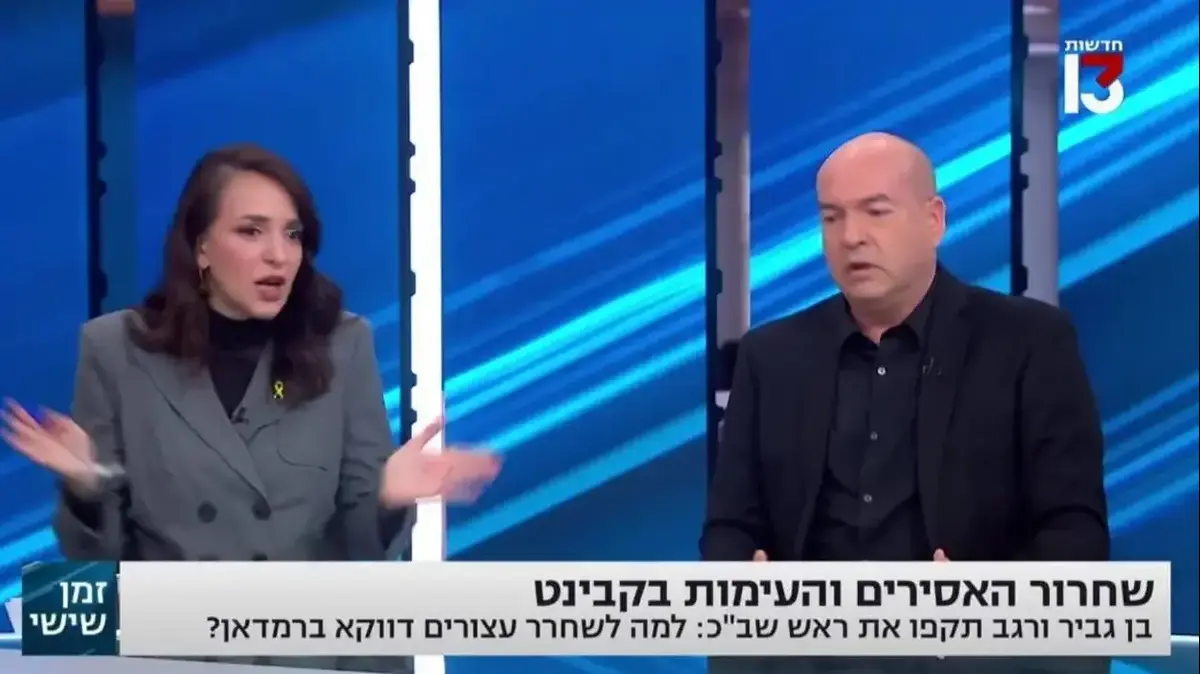
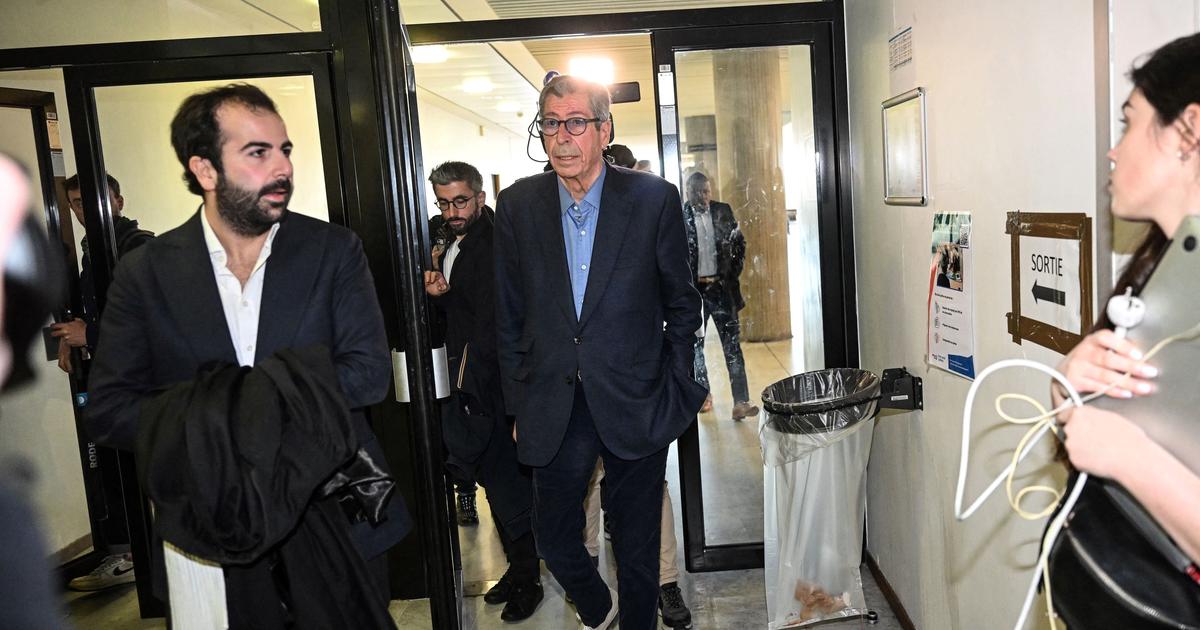
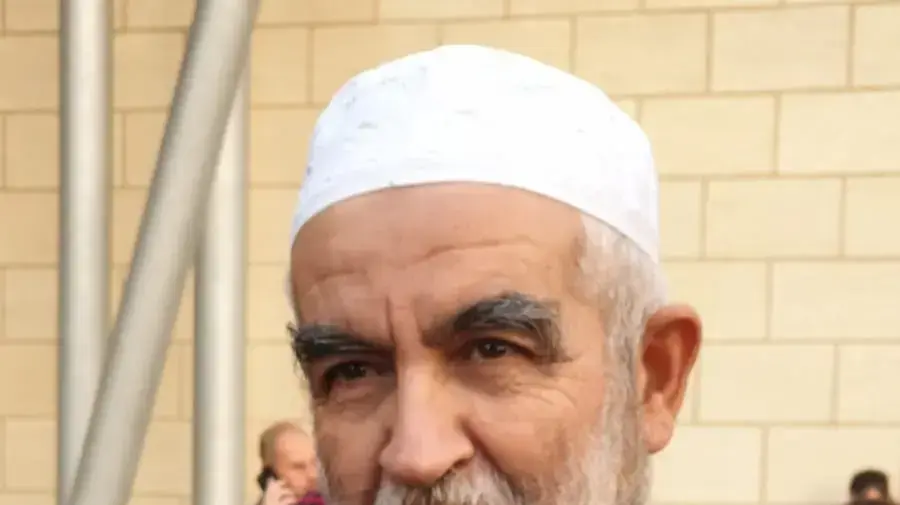
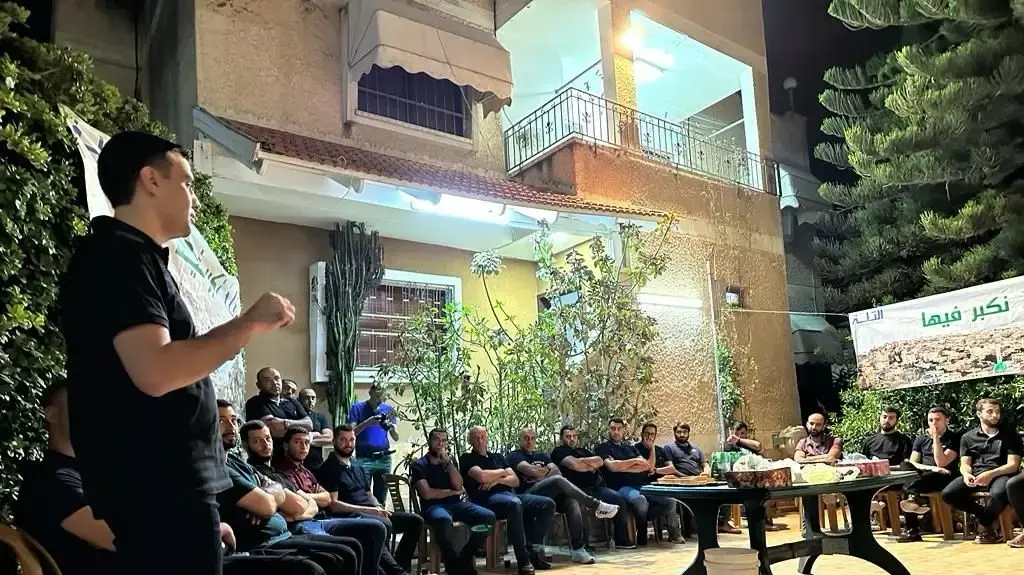

/cloudfront-eu-central-1.images.arcpublishing.com/prisa/2C5HI6YHNFHDLJSBNWHOIAS2AE.jpeg)




